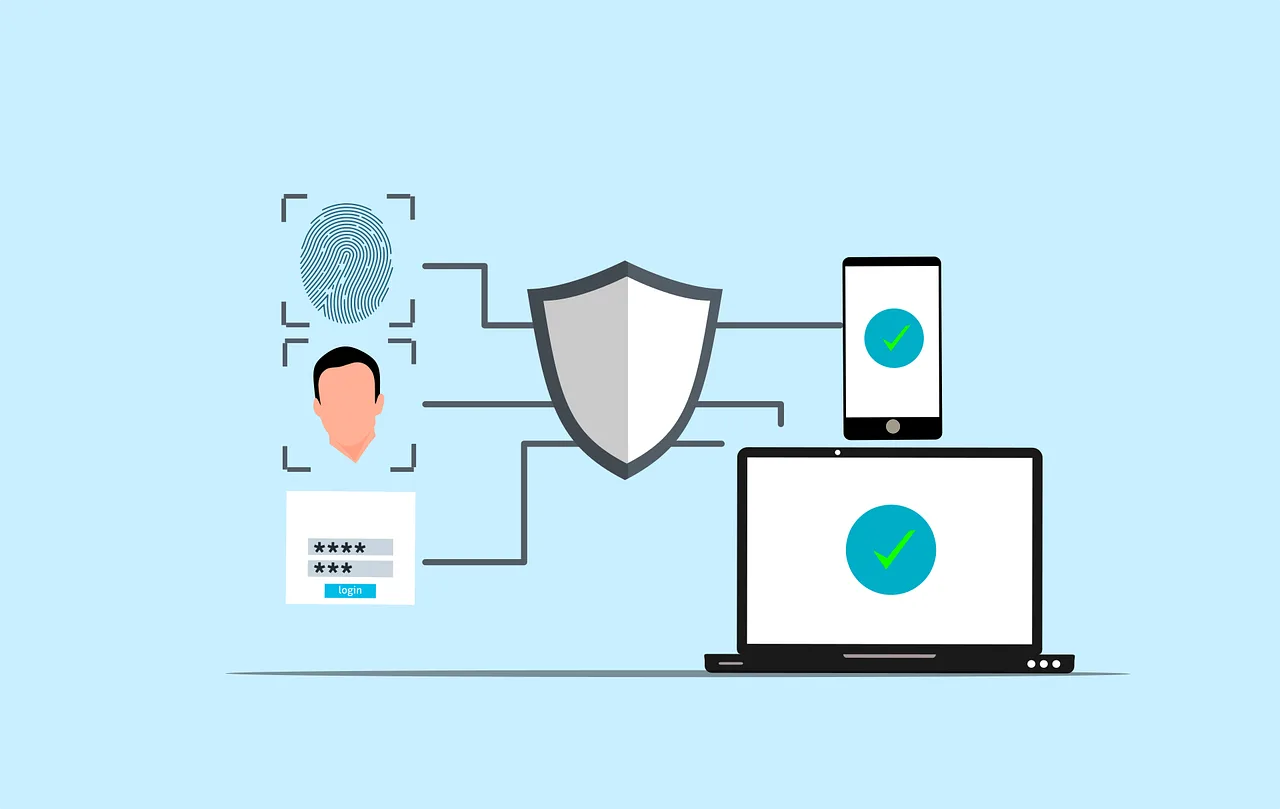UK communications regulator Ofcom has announced that it will soon be launching a market study under the Enterprise Act 2002 into competition in the UK’s cloud sector and its ‘hyperscalers’.
What Is The Enterprise Act 2002?
The Enterprise Act 2002, which came into force on 20 June 2003, reformed competition, and consumer law enforcement in the UK to empower consumers, and to give competition authorities, e.g. the Office of Fair Trading (the OFT) a stronger role in ensuring that markets work well.
What Are ‘Hyperscalers’ And What’s The Issue?
‘Hyperscalers’ is the term given to the three companies which collectively generate the vast majority of revenues – around 81 per cent – in the UK public cloud infrastructure services market, namely Amazon Web Services (AWS), Microsoft, and Google.
It could be argued that with cloud services now an essential part of how products are delivered to telecoms users (and viewers and listeners of TV, radio, and audio content), with those users not able to manage the services themselves, and with those services apparently dominated by just 3 big players, consumer choice may be limited. Also, other consequences for businesses and consumers of a cloud market dominated by just a few big players could include higher prices, lower service quality, and reduced innovation.
Market Study
Ofcom’s impending market study will, therefore, examine the causes of why the £15bn public cloud infrastructure services market may not currently be working well in the interests of consumers.
Looking At What?
Ofcom says its study will look at:
– How the market is working today and how it’s expected to develop in the future. Ofcom’s study is also intended to identify any potential competition concerns early to prevent them becoming embedded as the market matures and will invite views from interested or affected parties.
– Following the investigation, Ofcom says it will consult on its interim findings and publish a final report within 12 months.
What If The Market’s Found Not To Be Working Well For Consumers?
If the investigation finds that the market is not working well for consumers, steps Ofcom may take include:
– Recommendations to government to change regulations or policy;
– Take competition or consumer enforcement action;
– Make a market investigation reference to the Competition and Markets Authority (CMA);
– Accept undertakings in lieu of making a market investigation reference.
WhatsApp, Zoom and Smart Speakers In Ofcom’s Sights Too
Ofcom says that, over the next year, it will also examining other digital markets, including online personal communication apps and devices for accessing audio-visual content.
Areas of interest will be, for example:
– How services like WhatsApp, FaceTime, and Zoom are affecting the role of traditional calling and messaging.
– How competition and innovation in these markets could evolve over the coming years.
– Trying to understand whether any limitations on their ability to interact with each other raises potential concerns.
What Does This Mean For Your Business?
It’s unlikely to come as a surprise to Amazon (AWS), Microsoft, and Google, who, between them, generate around 81 per cent of UK public cloud infrastructure services market revenues that a market competition study was on the cards soon. The study and its findings, however, are going to take at least a year so there’s no threat to the dominance of the ‘hyperscalers’ in the very near future. If it’s decided at the end of the study that action needs to be taken by Ofcom, this could be good news for business customers in terms of greater choice, lower prices, and perhaps better, more innovative services. It could also be good news for smaller players too, who may be struggling to compete against the dominance of the hyperscalers at the moment. The meteoric rise, particularly over pandemic lockdowns, and fast market share gain of apps like Zoom, plus the apparent dominance of big players like Amazon in the smart speaker market also mean that an investigation of these apps and services is also no surprise and probably overdue. This could be good news for other smart speaker and chat/comms apps makers as well as more traditional calling and messaging service operators, and, of course, consumers who may benefit from greater choice.
Recent Blogs
Related posts
Feeling Let Down by Your Current IT Provider? Here’s What to Look For Instead
You send in a support request but you’re left waiting. You chase up the ticket only to get vague updates or radio silence, all the [...]
A Small Business Guide to Implementing Multi-Factor Authentication (MFA)
Have you ever wondered how vulnerable your business is to cyberattacks? According to recent reports, nearly 43% of cyberattacks target small businesses, often exploiting weak [...]







